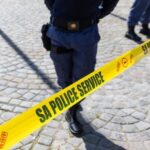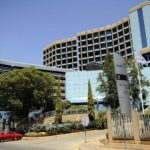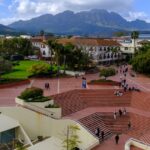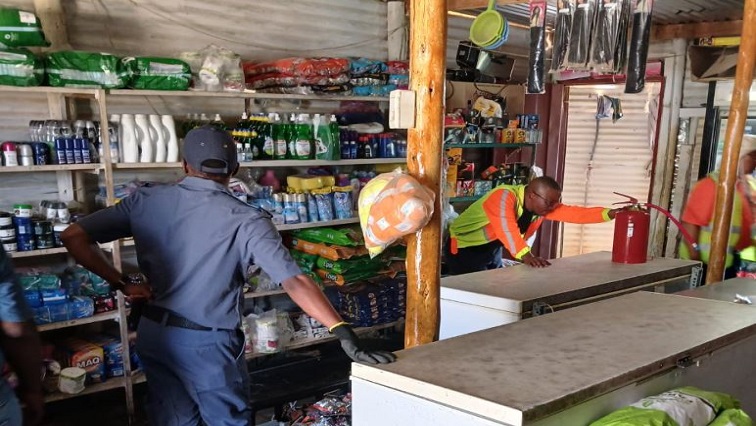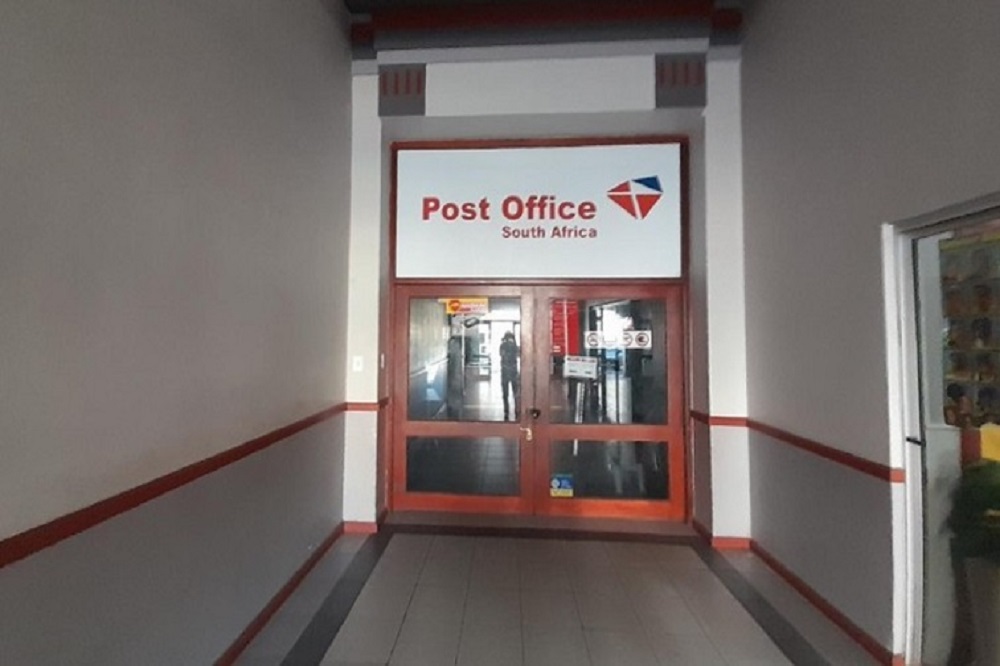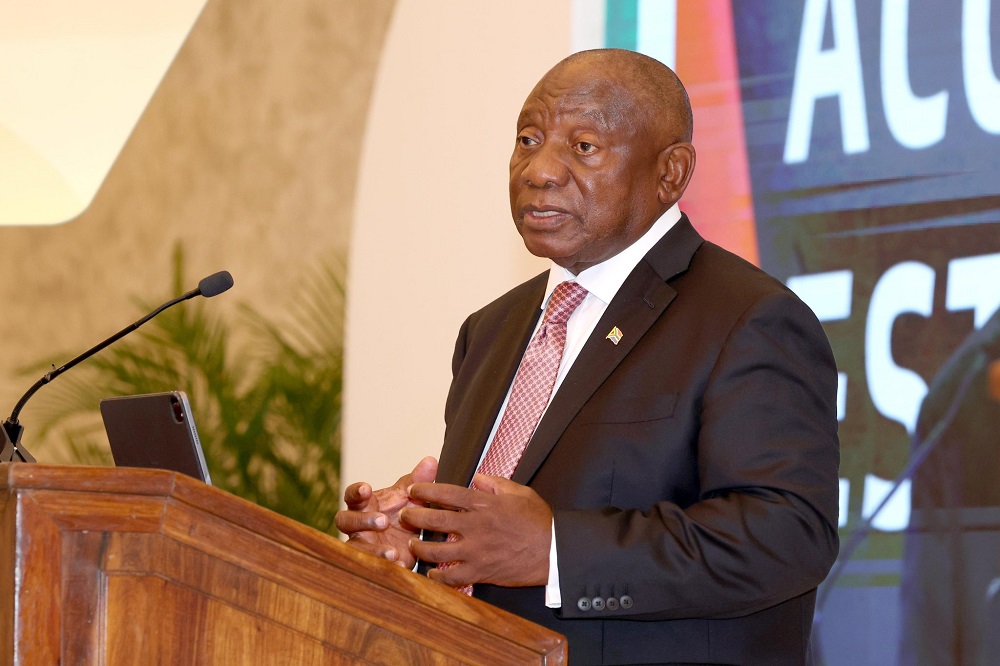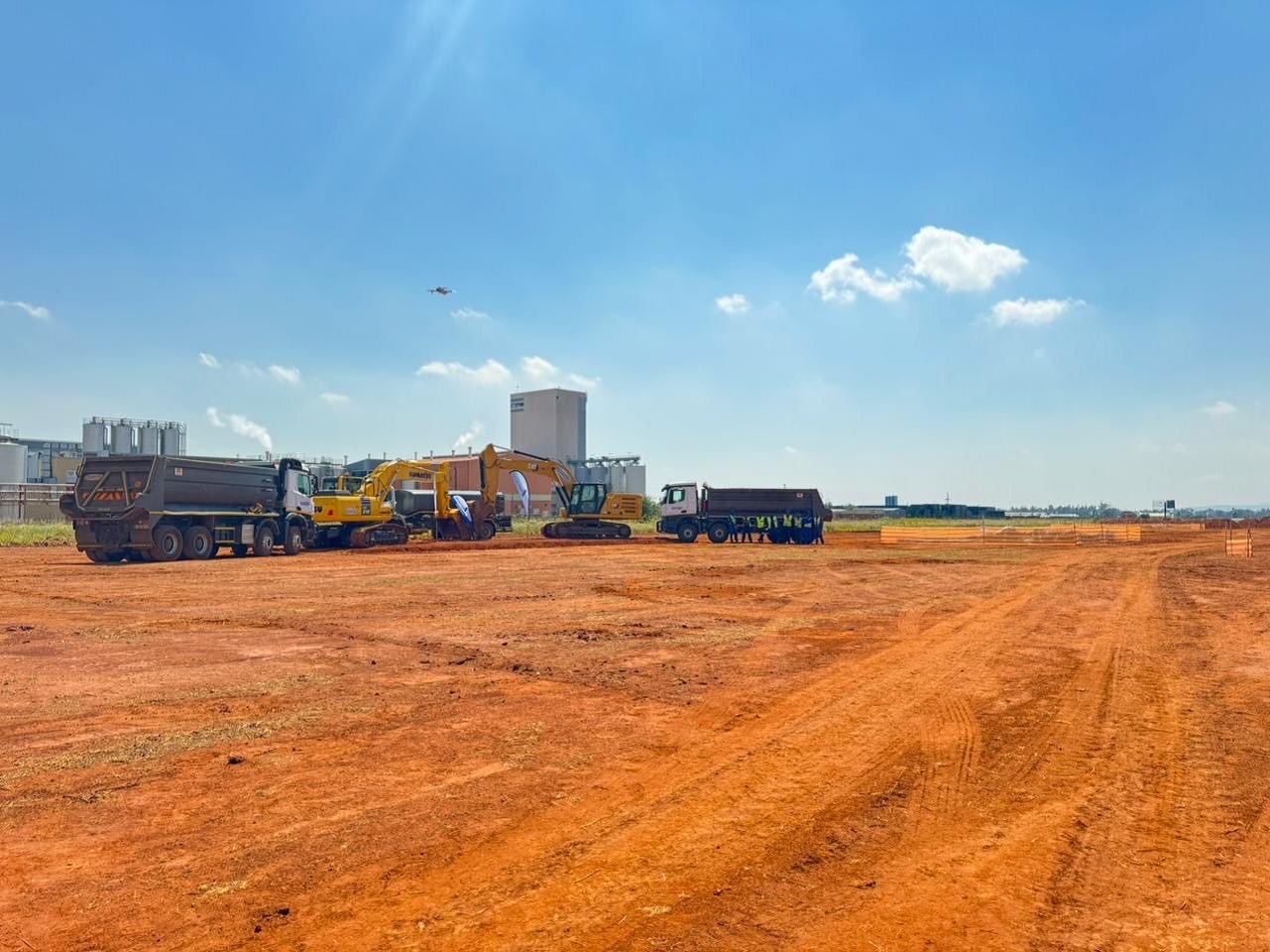-
Compliance inspections conducted at spaza shops.
The registration of spaza shops is under way in the Durban Metro.
Recently, the President announced a number of measures including the nationwide registration of all spaza shops within 21 days in an effort to deal with the spate of food borne illnesses.
This after at least 22 deaths countrywide, linked to food sold at spaza shops.
Durban has 4 700 licensed spaza shops but it is not known how many are operating without licenses.
In the Durban Metro, there are five centres where registration can be done, the business unit in the CBD, and four Sizakala centres in Winkelspruit, Pinetown, Verulam and Newlands East.
If a spaza shop already has a business license, the owner is still required to bring proof of premises and letters of approval by health officials and the fire department when the license was issued.
If, however, the owner does not yet have a license, he or she is required to apply for one.
eThekwini Economic Development Portfolio Committee chairperson, Thembo Ntuli elaborates on the details that will be checked at the registration process.
“The first are those who have businesses that are operating and have licenses and those ones need to come front. Together with those who have no licenses at all to do an application for a license. And those who’ve got things in place, were going to check those ones. And also go further to send out a team to check what they are saying and what they are doing. whether it’s what is expected from the community.”
The Metro has 55 000 informal traders. This includes 4 700 licensed spaza shops.
Ntuli says the municipality is working on a hotline, where people will be able to report violations, as well as the sale of illegal or illicit goods.
“But there’s also ad hoc which we’re not going to tell anyone. We’ll get that SMS, tell us. After that SMS we make a decision to go to that person. Then you’ll see us all over, because we got that information that there is this thing that happened in that particular area. Once we then developed that number, well as a unit we’re going to publicise it because we are still working on it because it will help us get more information.”
Queuing to register at the office in the CBD, is Siphiwe Ngwazi from KwaMashu, who has been running a licensed spaza shop since 2013.
He says over the last three years many foreign nationals opened spaza shops in the area, making it difficult for his business to survive.
“Now our business as a South African are running low, low, low. Now we can’t afford to handle the business and the government doesn’t intervene to help us, to pick us up, to find out: Hey, what is the problem. How are you going? How the things go. You see.”
An Ethiopian, Bardh Bereke is attempting for a second time, to apply for a business license.
With him in the queue, was Mokter Hussein from Bangladesh.
“If this thing is legal, we like to. Then no policeman, no one coming for harassment. Everything I got, my business is good.”
Ntuli says the municipality’s legal team is studying the gazetted standard draft by-laws for township economies, to see what amendments need to be made to the city’s existing by-laws.


